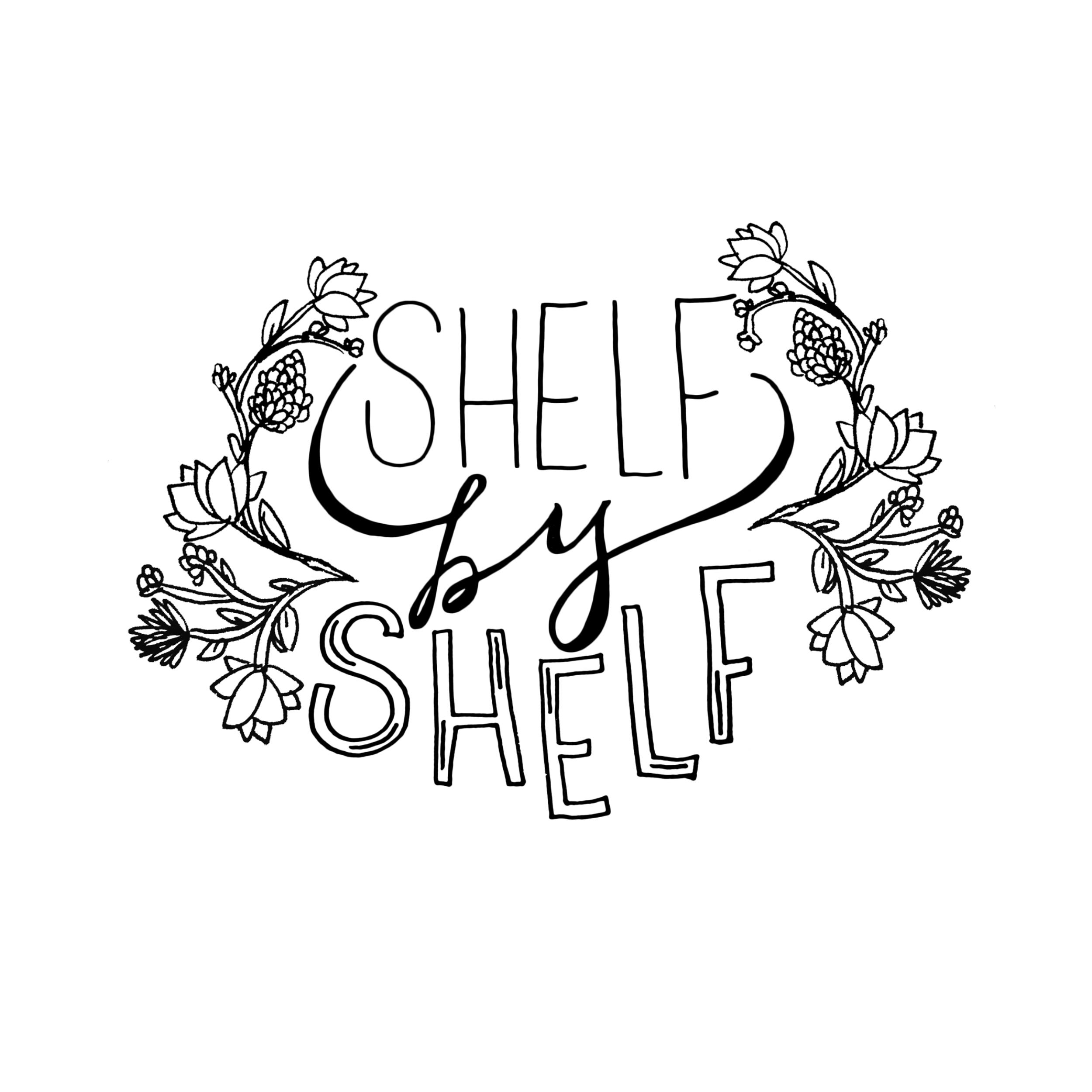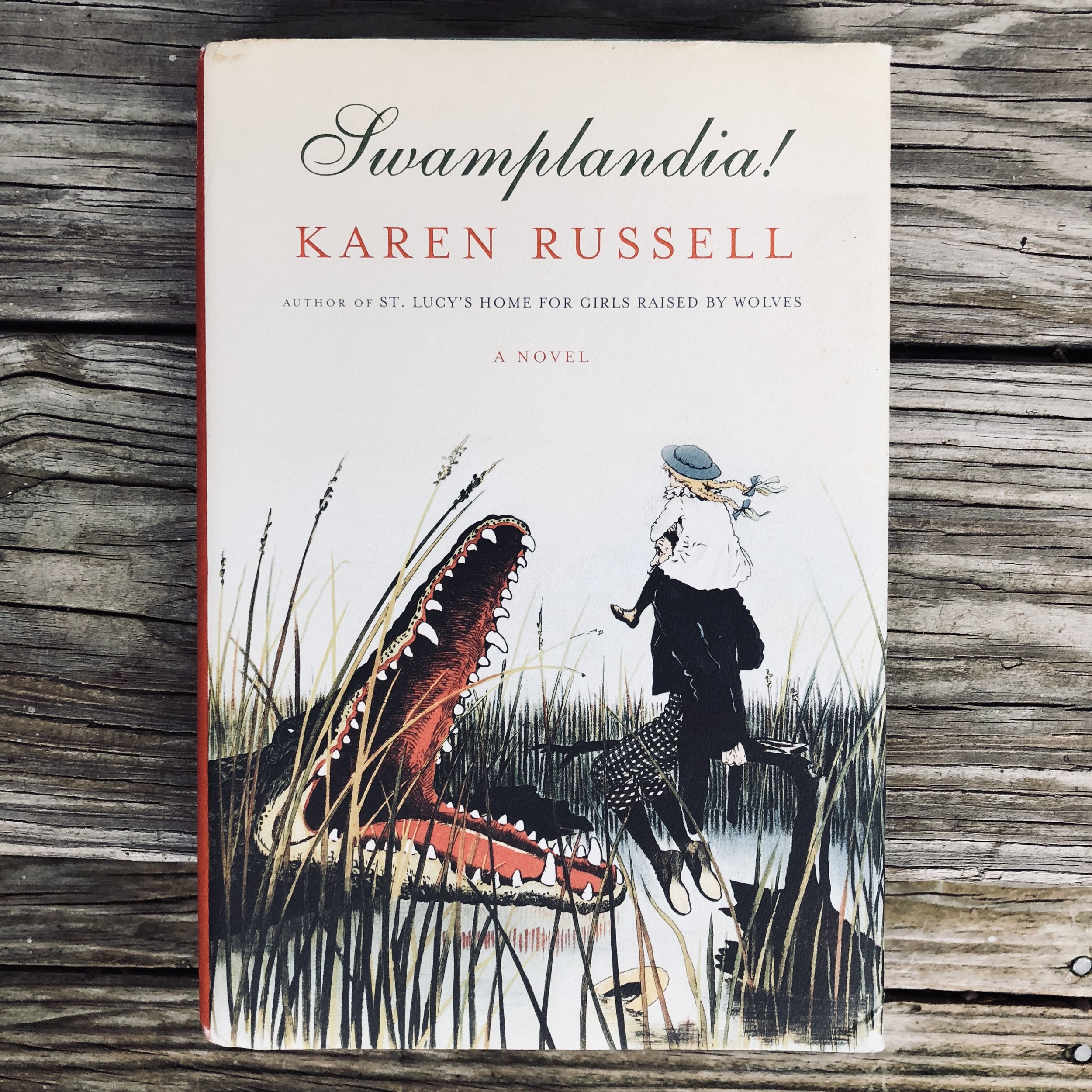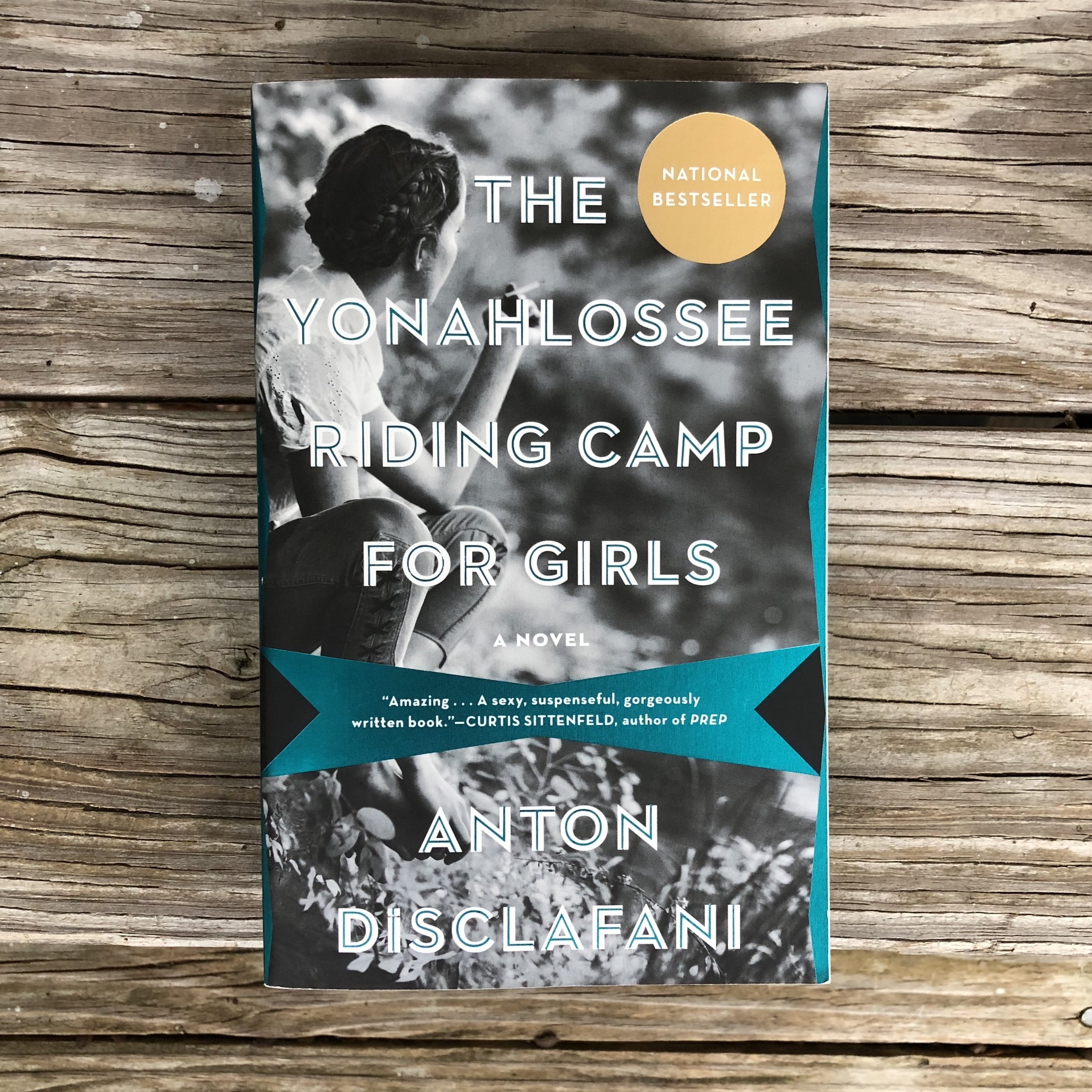Lolita...Love it? Loathe it?

Lolita is one of my favorite 'classic' novels. I first read it at seventeen and thought the writing was so lovely and so specific that there could never be another book as perfectly written. It's not an easy read. In fact, I read it again recently, at least parts of it, because of a new non-fiction book coming out (The Real Lolita by Sarah Weinman), and realized the story was so disturbing I had to put it down. While I still admire the writing, it wasn't until now that I understood the purpose it served. Manipulative, predatory people have to lure you in. Nabokov's Humbert does just that, using language that disguises some of his worst acts and painting every scene as if from a love story, instead of the nightmare it is in reality.
It's books like this that make me want to read. Books that challenge you, make you uncomfortable, angry, frustrated, sad, take action. This isn't a book that you love, not entirely, but it is a book that challenges you. That's why I chose it for my first blog. I have books that are similar in style, similar in subject matter, similar in tone. All of them are challenging. Although Lolita isn't for everyone, I think some adjacent book could be. So, if you love Lolita, I have some great recommendations. If you hate Lolita, I have some great recommendations.
Swamplandia! by Karen Russell.
Swamplandia! by Karen Russell
Set in a magical version of the Florida Everglades, Swamplandia! follows the Bigtree family as they navigate life after losing a loved one. Swamplandia! is one of the most beautifully written novels I've ever read. The way Karen Russell uses language is always exciting and unexpected. It feels just as purposeful as Nabokov's in Lolita. This book also takes a look at the innocence of children, and how easy it is to fall prey to the darkness of the world, which I think is a fitting comparison to Lolita. I know a lot of people who had problems with Lolita being from the male point of view, especially from the point of view of the predator. I won't get into specifics, because I hate spoilers, but this book does offer us the lens of a young girl living in a world where everything (from the gator-filled swamp to the ghost wooing her sister) is a threat. If you want a book that explores similar themes and has stellar writing (it's very flowery, a warning for those who hate that), but hated the lens in which Lolita was told, this one might be for you.
White Oleander by Janet Fitch
White Oleander by Janet Fitch
Astrid is twelve when her mother is sent to prison. White Oleander follows her journey through the foster care system, and the trouble she finds everywhere she's placed. I've read this book at least twenty times in my life. It's beautifully written, tragic and honest. The absent mother is common in a lot of these Lolita-type novels, and this one is no different. While Ingrid (Astrid's mother) is alive, she's ghost-like in her presence, haunting Astrid with letters from prison while remaining physically distant throughout much of the story. Early on, Astrid finds romance with a much older man. It isn't until much later that the psychological ramifications are explored, but you can see the impact echo throughout the book. There's a moment in this book, when Ingrid goes into a man's house for a while, leaving Astrid alone in the car. We see Astrid mimicking her mother, seducing her reflection in the mirror. Looking at it now, as an adult, it's apparent that Ingrid's actions, no matter how small, are seen by Astrid and change how she operates in different situations. When I read about the relationship between Ingrid and Astrid, it always makes me wonder what the relationship between Lolita and Charlotte (her mother) was like before the start of Lolita. If you liked the mother-daughter struggle in Lolita, along with the poetic writing, you might like this.
American Pastoral by Philip Roth
American Pastoral by Philip Roth
This might seem like a strange choice, since, at first glance, these books share little in common. American Pastoral casts its eye on Swede Levov, who has the perfect life in 60's America. All of this changes, however, when his teenage daughter, Merry, blows up a post office in protest of America's involvement in the Vietnam War. While this isn't really a story about a predator, there are moments where you question the boundaries in the relationship of Swede and Merry. What this book made me wonder was at what point does inappropriate behavior become so crippling to a child, they never recover. The writing is excellent, but not flowery in the way Lolita is. It's more straightforward. The parallels are minimal, and not often thought about. But it's still a story I think about when discussing Lolita's influence in literature.
Election by Tom Perrotta
Election by Tom Perrotta
If you haven't read this, just imagine the 2016 Election and change the setting to a high school. The viewpoint alternates between the teenagers running for student counsel and the meddling teacher, and each voice is as funny and unique as the last. I love Tom Perrotta (who is better known for such works as Little Children and The Leftovers). He's always funny and surprising and understands suburbia better than just about anybody. The reason I included Election on this list is because of Tracy Flick. Her character is ambitious, loud and demanding, taking every opportunity thrown her way. At some point in the book, it's revealed that she had a relationship with one of the teachers at the school. While this revelation is heartbreaking to the audience, it never gets in her way. There's beauty in that Tracy is strong enough to move past such events and achieve her goals. It's inspiring. The book is written as a satire, and so the way that subplot is handled isn't as serious as others on the list, but I think it's important to read about people who have suffered through such acts and continue to thrive in society. So much of the time, we seem them used and then thrown away, or struggling to live any kind of way in normal society. Tracy is the antithesis of that.
Blue Angel by Francine Prose
Blue Angel by Francine Prose
Disclaimer: I hated this book. Blue Angel is about a teacher who falls for one of his college students, and they begin an affair. The amount of cliches you encounter while reading this are endless. However, I'm including it, because I think it's important to discuss why I hated this, when it drew so many comparisons to other books I enjoyed. The book is told from the point of view of the male teacher. How he tells it, this girl leads him along and then goes crazy, claiming he raped her, etc. This book was published back in 2000. I'm not too sure what was happening in the social zeitgeist in 2000, but apparently the literary community agreed with Prose that this was an important story to tell. They chose her as a National Book Award Finalist, they liked it so much. Fast forward to 2018, and we're seeing more and more cases of men abusing their power and then blaming it on the victim. Maybe I read the whole book wrong...who knows? But either way, I think this book lends itself to an important discussion on the way we see powerful people and the ways they abuse their power.
The End of Everything by Megan Abbott
The End of Everything by Megan Abbott
Megan Abbott is one of my favorite authors. This book, out of all of hers, is my favorite in it's writing. There's a scene early on where the narrator describes her friends sister, Dusty, and it's breathtaking. Her knack for pacing is also pitch perfect. In the book, Evie (our narrator) has to deal with the disappearance of her friend, and how her absence causes this little suburb to collapse. There's a lot more to it than that, but the book goes into what it's like to be a girl at 13, and Megan Abbott is honest and unflinching. She doesn't hide the desires of these young girls, which so many authors tend to do. She also doesn't make it voyeuristic. This isn't a book about a perv who watches young girls. This is a book about girls from the point of view of girls, and it's respectful in ways it can be harder for male authors to achieve. I found this a lovely read, and when I read this, it made me wonder what it would have been like to be a friend of Lolita's. What would they have thought while everything was happening with Humbert; especially since we see things so differently with a younger lens.
The Yonahlossee Riding Camp For Girls by Anton Disclafani
The Yonahlossee Riding Camp For Girls by Anton Disclafani
Out of all of the books on this list, Yonahlossee is the one I read most recently. I went to a signing for Disclafani's second book, The After Party, and then got overwhelmed with my TBR pile. Thankfully, I found my way to this lovely book, which I think fits well within this post. Thea Atwell lives with her family in Depression Era Florida. Because of a secret we don't find out until later, she's shipped away to Yonahlossee Riding Camp For Girls, where she's meant to be taught how to be a proper lady. I loved this book so much (thanks to my local bookstore owner for the recommendation). Thea's thoughts and feelings as she receives her first kiss, experiences her first crush, tries to understand herself...it's relatable to anyone. Without getting into any spoilers, Thea does develop a crush on an older man. The reason I added this book to the list is similar to why I added The End of Everything. This isn't about a perv, but it is about a young person trying to find themselves. We've spent so long living in a world where girls aren't supposed to be sexual or have desires, but this is the same world where men take advantage of those young girls. This book never makes us question Thea's choices, because they're all so real to what it's actually like to be a teenage girl (instead of what people think she should be.) But we do question why adults think it's okay to make bad choices and then get away with it.
Tampa by Alissa Nutting
Tampa by Alissa Nutting
Have you ever wondered what Lolita would look like if the roles were reversed? What if it was an older woman with a young boy? That's the premise of Tampa. Celeste is a middle school teacher who preys on her young male students, and is one of the most disgusting people I've ever read. Nutting wrote this novel as a response to the way the media portrayed female predators versus male predators, tending to soften to women and claim they weren't as bad. This book does away with that image and shows that if you're a pervert, no matter male/ female/ whatever, you're still a terrible person. It's an important conversation. Growing up, if a boy in class had been molested by an older woman, even if he was visibly uncomfortable and shaken by the event, we were still supposed to pat him on the back and call him lucky. He was considered a 'man' now. This book plays with that concept in a lot of ways, many unexpected. The writing is funny, sharp, but not poetic. The characters are well developed and the pacing is excellent. But this is still a dark book, and it isn't an easy read. Just a warning, but this might be the most explicit out of the reads, so if you're not one for those kind of books, I wouldn't recommend this one.
Those were my top picks! I know it can be hard to read books that deal with this subject matter. It's uncomfortable, it can make you want to scream out at the world, "why are people so terrible?!" That's why it's important to read them. We're living in a world where no matter how many women/children/men come forward with their harrowing stories, somehow people still feel the need to shut them up. I know people who read Lolita and actually side with Humbert. They think he's misunderstood and blame Lolita for everything that happens in the book. I also know people who've read some of these other books and they also don't see much wrong with what happens to these people. We've excused predators for too long, and books like this are important for many reasons. They help us recognize the signs, they help us see that just about anyone can be a creep, how we've normalized some of these terrible things. Most importantly, a lot of these books tell the stories of women/children who've been wronged by our society and the ways it changes their lives.
Anyway, thanks for checking out my post! I'd love to know your thoughts on this and if there's anything I didn't cover or anything you'd like to discuss more in depth. Thanks for taking the time to read, and I'll catch you in the next post :)








